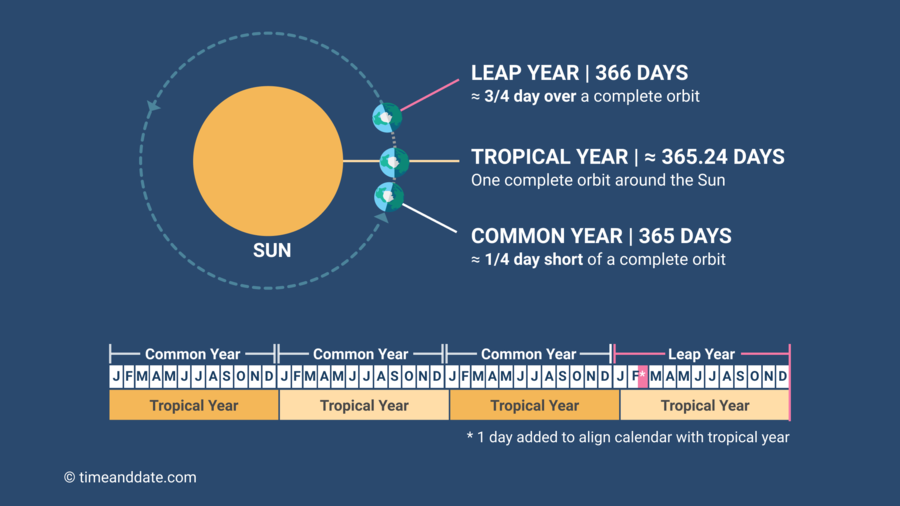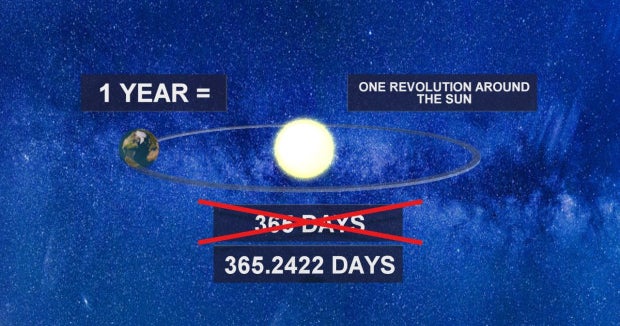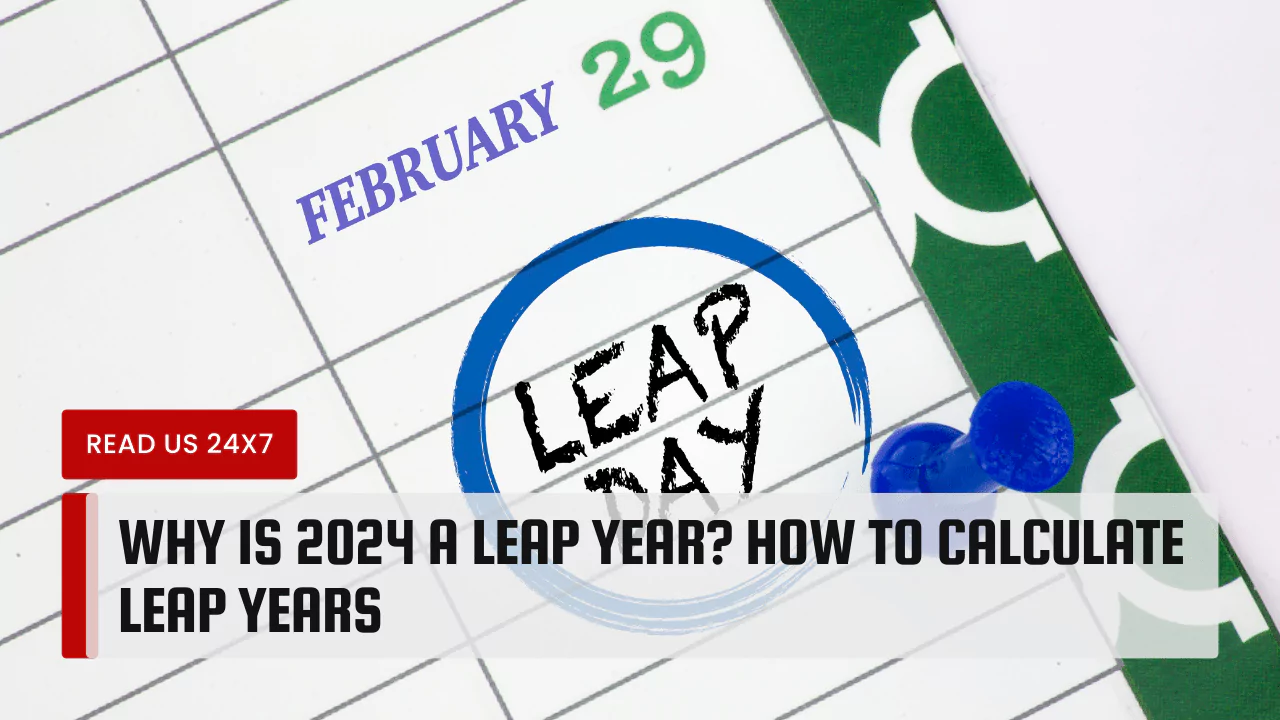26, Oct 2023
Is 2024 A Leap Year And Why?
Is 2024 a Leap Year and Why?
Related Articles: Is 2024 a Leap Year and Why?
- Interest Rates Prediction For The UK In 2025: A Comprehensive Analysis
- What Date Is Mardi Gras 2025?
- Rite Aid #05693: A Healthcare Destination In The Heart Of Springfield
- 2025 Harbin Asian Winter Games: A Gateway To Winter Sports Excellence
- Volkswagen Electric Bus 2024: A Modern Reimagining Of An Automotive Icon
Introduction
With enthusiasm, let’s navigate through the intriguing topic related to Is 2024 a Leap Year and Why?. Let’s weave interesting information and offer fresh perspectives to the readers.
Table of Content
Video about Is 2024 a Leap Year and Why?
Is 2024 a Leap Year and Why?

Introduction
The Gregorian calendar, which is the most widely used calendar in the world, has a cycle of 400 years. Within this cycle, there are 97 leap years, which are years that have an extra day added to the month of February. This extra day is added to keep the calendar in sync with the Earth’s orbit around the Sun.
The Rule for Leap Years
The rule for determining whether a year is a leap year is as follows:
- If the year is divisible by 400, it is a leap year.
- If the year is divisible by 100 but not by 400, it is not a leap year.
- If the year is divisible by 4 but not by 100, it is a leap year.
Applying the Rule to 2024
To determine if 2024 is a leap year, we can apply the rule as follows:
- 2024 is divisible by 4, so it passes the first condition.
- 2024 is not divisible by 100, so it passes the second condition.
Therefore, 2024 is a leap year.
Why Leap Years Are Necessary
The Earth’s orbit around the Sun is not exactly 365 days long. It actually takes about 365.242 days for the Earth to complete one orbit. This means that if we used a calendar with only 365 days, we would gradually lose time with respect to the Sun.
Leap years are added to the calendar to make up for this difference. By adding an extra day to February every four years, we keep the calendar in sync with the Earth’s orbit.
The History of Leap Years
The concept of leap years has been around for centuries. The first known leap year was introduced by Julius Caesar in 46 BC. Caesar’s calendar, known as the Julian calendar, added an extra day to February every four years.
The Julian calendar was used for over 1,500 years, but it was not entirely accurate. The Earth’s orbit is not exactly 365.242 days long, but rather 365.2422 days long. This meant that the Julian calendar was gaining about 11 minutes per year.
In 1582, Pope Gregory XIII introduced a new calendar, known as the Gregorian calendar, which corrected the errors of the Julian calendar. The Gregorian calendar is still used today, and it is the most accurate calendar that has ever been devised.
Conclusion
2024 is a leap year because it is divisible by 4 but not by 100. Leap years are necessary to keep the calendar in sync with the Earth’s orbit around the Sun. The concept of leap years has been around for centuries, and the Gregorian calendar, which is the most accurate calendar that has ever been devised, still uses leap years today.
:max_bytes(150000):strip_icc()/things-you-didnt-know-about-leap-year-4864254-5a374544728d43998376a09628923761.png)







Closure
Thus, we hope this article has provided valuable insights into Is 2024 a Leap Year and Why?. We appreciate your attention to our article. See you in our next article!
- 0
- By admin